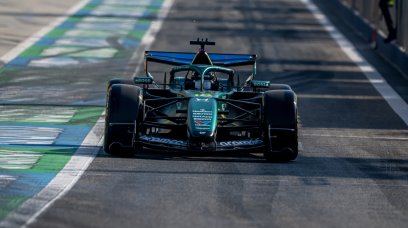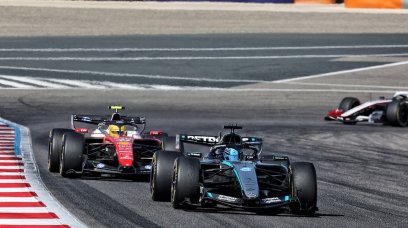The FIA has denied accusations that wording recently added to F1's technical regulations was a response to any team using a prohibited braking system. It was believed that one of the teams may have employed an asymmetrical braking system and that the move by the governing body was to prevent similar approaches in the future. Ahead of the change, Article 11.1.2 of F1's technical regulations read: "The brake system must be designed so that within each circuit, the forces applied to the brake pads are the same magnitude and act as opposing pairs on a given brake disc." Following the most recent FIA World Motor Sport Council meeting, further text was added to the clause, which was ratified by all the F1 teams. That additional wording was: "Any system or mechanism which can produce systematically or intentionally, asymmetric braking torques for a given axle is forbidden." Over the summer break, this provoked a flurry of speculation that the focal point of the clamp down was Red Bull, who according to RacingNews365 sources, did have a now-removed braking system in place up until the Chinese Grand Prix.
'No truth that any team was using such a system'
Although that, in essence, constituted an asymmetrical braking system, it is believed to have been within the confines of the regulations - if perhaps not within the spirit of them. Why it was removed for the Miami Grand Prix remains unclear, but there have been suggestions the system could have been linked to Max Verstappen's retirement in Australia. According to Motorsport.com , high-level sources at the FIA have stated that the change was not prompted by something a team was currently doing, but rather it was to future-proof the regulations, as F1 heads towards a comprehensive new rulebook in 2026. "There is no truth that any team was using such a system," an FIA spokesperson told Motorsport.com . It is understood that the decision to add the wording to the current regulations was at the behest of the F1 teams, who prevent competitors from exploiting any vagueness in the existing laws. The argument is that a technical directive, not a rules re-write, would have been the correct and usual course of action if a team had been found foul of the regulations.
Most read








